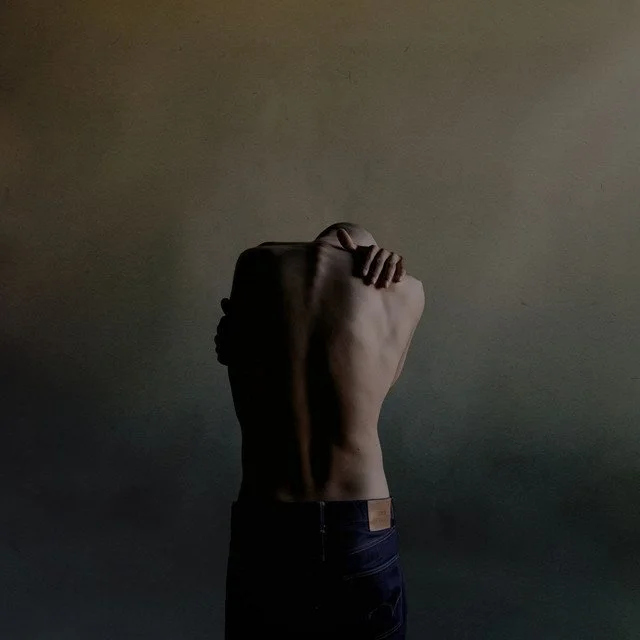[EP] — Plàsi Charts a Tender Sonic Pilgrimage on "Camino", Weaving Alt-Folk Intimacy with Expansive Elegance
Legend whispers that the Camino de Santiago begins the instant one steps outside the door; similarly, Plàsi’s EP Camino starts the moment its first note brushes the cochlea, inviting the listener onto a private pilgrimage. Across five meticulously chiselled songs, Greco-Swedish multi-instrumentalist Mikael Bitzarakis maps a route where alt-folk hearth-heat meets adult-contemporary expanse, coaxing wanderlust without abandoning tenderness.
The sonic palette is a deft study in contrasts. Cedar-grain acoustics strum beside brushed-steel electronics, while Röda Paradise’s production leaves negative space vibrating like vaulted silence after a cathedral bell. Indeed, every shaker appears with photographic depth, and each sighful vowel receives a halo of reverb, yet the mixes never feel lacquered: they breathe as though recorded at dawn with windows ajar.
A brisk itinerary follows. “Father’s Eyes” braids crystalline arpeggios around heartbeat kicks, framing a candid generational colloquy; moreover, the clipped snare prevents sentimentality from curdling into pity. “Waiting for Signs” unfurls like chamomile steam, its brushed percussion and murmuring violin cushioning a melody that levitates just shy of dream-state. Mid-journey lies the playful "Efiga", which translates from Greek as "I left." Rich in rhythmic charisma, the track blends lush vocal harmonies with breezy indie-pop instrumentation, conjuring a vibe akin to a carefree, moonlit dance around a Mediterranean campfire:
“Efiga, ah, ah
Thelo na se do ksana
Pes mou giati tromaksa?
Apo to matia sou sti thalassa”
However, beneath the upbeat surface lurks introspection and yearning, rendering it a joyful lament. “Heights” lofts stacked falsettos over rolling toms and distant piano flashes, conjuring the vertigo of mountain air and the restorative hush that follows a summit breath. Finally, the title track “Camino” whistles its refrain across marimba-flecked percussion and sun-bleached guitars; it converts Bitzarakis’s private mantra—“I will walk my camino”—into a communal marching song, leaving ember-bright footprints long after playback ends.
Musically, crescendos bloom rather than burst, resisting loudness-war compression. Sub-bass murmurs cradle guitar filigree without clogging the midrange, though a pinch more low-mid warmth could fortify playback on modest earbuds. Moreover, discreet field recordings expand the stereo horizon, turning any room into an open-sky corridor.
Lyrically, Bitzarakis excels at micro-scene reportage: salt crystallising on weathered boots, runway lights flickering like indecisive fireflies, a father’s iris hardening to ice beneath unsaid apologies. In fact, his bilingual pivots reinforce the record’s thesis—any language becomes a compass once sung from the sternum.
Ultimately, Camino is less a glossy postcard than a lovingly annotated travel journal—complete with sweat stains, marginalia, and pressed petals. It hands you a hand-drawn map still warm from the artist’s pocket and trusts you to choose the next fork. Accept the invitation at dusk, and you may feel your own silhouette walking a little taller toward morning, confident that the road, though uncertain, is undeniably yours.
Enjoyed the read? Consider showing your support by leaving a tip for the writer
TRENDING NOW
CONNECT WITH US
FEATURED

















Street‑corner philosophers claim thunder only visits cities that dare kiss the skyline; Estella Dawn’s “Move Down Lover” crackles with that same electrified bravado. Fusing pop‑rock…